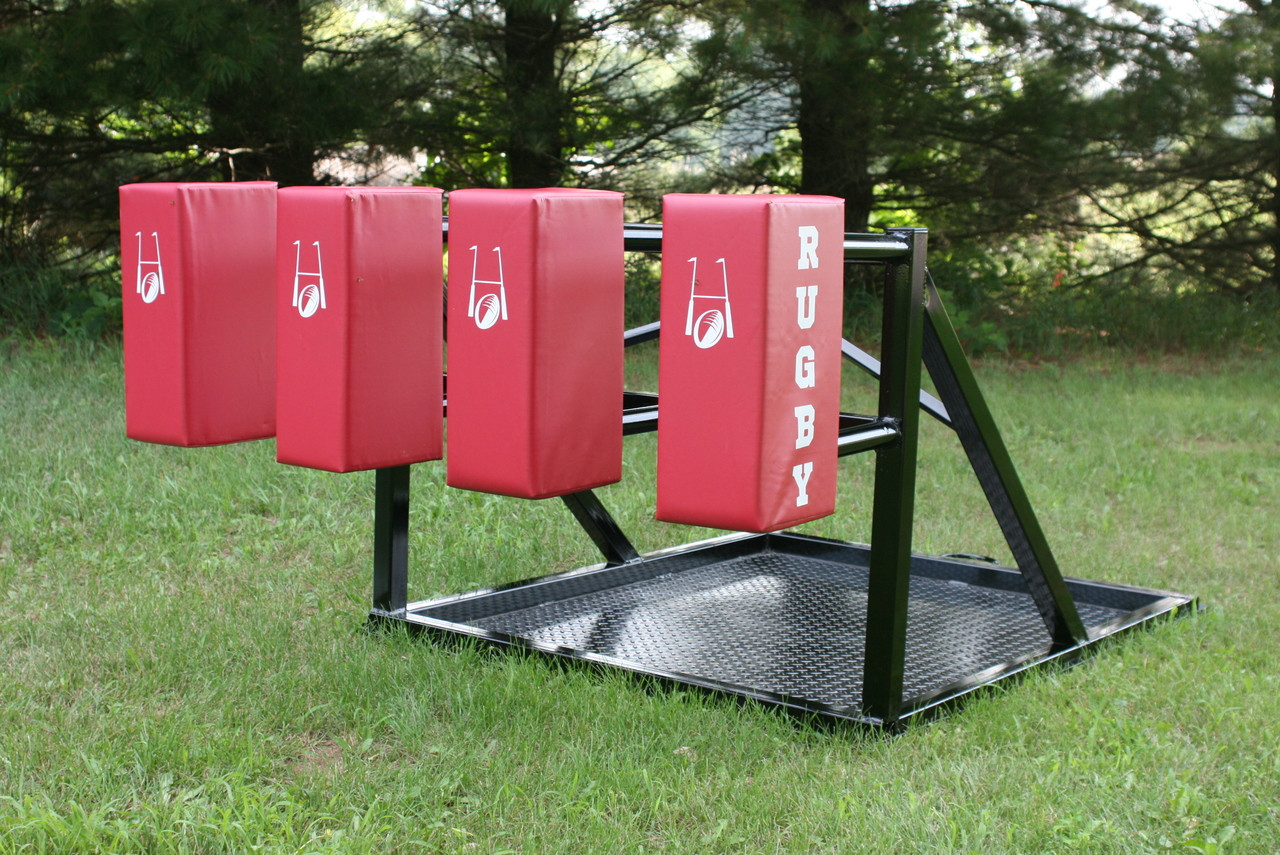
A rugby advantage refers to the time that the non-offending side gains territory. This could be due either to an infringement, or a tactical advantage. The advantage can last for a short time or be permanent. There is a wide variety of tactics that can be used, such as a cross field kick, a no-look pass or a chip and chase.
It is essential to distinguish between an advantage (or a penalty). A penalty can be a punishment for an infraction that could lead to injury. While a penalty can be detrimental, it can also be advantageous. A penalty may be issued to a team for breaking down and trying to gain possession. However, it can also be used to benefit a struggling team to win a match.
A team has a territorial advantage if it is located within its own 22. A territorial advantage can be easier to comprehend than a strategic advantage. A team can attack its own 22 and kick the ball to touch for a 5-metre lineout.

A team with a tactical advantage is one that has an advantage in speed, skill or positioning. To try to make an impact on the opponent, a team can play a chip-and-chase or a long cutout pass. The team can also attempt to run in unopposed. If the opponent is tired and does not have any defenses, the tactical advantage team can attempt to run in the unopposed. If the winger gets the ball and runs ahead unchallenged, a team may also run in unopposed.
The advantage rule is very similar to the penalty rule. A penalty is any foul that results in the game being halted for a period. If a penalty occurs, the offending team is then under the normal rules of play. If an advantage is called, then the referee will award it to the non offending team. This allows the offending team to gain territory, and score a touchdown.
An advantage can last for as long as the referee wants it to. In rugby, an advantage is called when the non-offending team has territory and is in their own 22. The advantage is awarded to the non-offending team who has possession. If the other team is knocked behind, the advantage can be called over. Most cases will result in the advantage being called over after one or more phases depending on the offense team.
Referees wave their arms in the air to indicate an advantage when it is called. He will then shout advantage 'x-team'. If there's a scoring chance, he will again say advantage 'x'. The referee will yell if no advantage is achieved.

The length of an advantage period depends on the rules. It can be for several minutes or just a few phases. The referee must decide if an advantage is allowed to last longer than it should. If a team plays well in their own 22, the referee may allow the advantage to be extended for as many play as necessary to win a game. When the advantage is over, the referee will call play back to the infringement site.
FAQ
What skills are necessary for extreme sport?
Practice every day in order for you to excel at any extreme sport.
Learn new moves and tricks by practicing. This will help you improve your performance.
You must also master basic safety rules before trying anything new.
Protective gear, such as helmets, should be worn at all times. Keep in sight of others.
You should never attempt to do stunts alone. During your stunt, a spotter should be watching over you.
Do extreme sports need expensive equipment
Yes. Extreme sports equipment can cost thousands of dollars. People who take part in these activities don’t need much.
Who takes part in extreme sports?
Anyone who wants to try something new can take part in extreme sports. You can choose to learn more about the sport or compete with other people.
There are many kinds of activities available. Some involve jumping from a cliff. Others require you to ride a bicycle long distances. Other activities include skiing or snowboarding.
Extreme sports require special skills. Skydiving, for example, requires that you have the proper training before jumping out of an aircraft. Parachuting also needs practice.
Extreme sports are very much in demand among young people. They are often used as a way to enjoy nature. They are popular with athletes who work hard to improve their performance.
What companies would be most likely to sponsor extreme sporting events?
Sponsors of extreme sports events such as BMX racing and skateboarding are often large corporations with huge advertising budgets. They are also active in the communities they serve. Coca-Cola sponsors many local sports events and other activities all across North America. The company also sponsors youth programs and camps at the national and local levels. Coke also sponsors New York's annual Coca-Cola Rock & Roll Marathon. This event attracts over 100,000 runners from around the globe.
Statistics
- Overall participation has grown by more than 60% since 1998 - from 5.9 million in 1998 to 9.6 million in 2004 Artificial Wall Climbing. (momsteam.com)
- Nearly 98% of all "frequent" roller hockey participants (those who play 25+ days/year) are male. (momsteam.com)
- Approximately 50% of all wakeboarders have been participating in the sport for 1-3 years. (momsteam.com)
- Landscaping and grounds-keeping— according to government labor statistics, about 18 out of 100,000 workers in the landscaping industry are killed on the job each year. (rosenfeldinjurylawyers.com)
- Since 1998, overall participation has grown nearly 25% - from 5.2 million in 1998 to 6.5 million in 2004. (momsteam.com)
External Links
How To
What are the best ways to learn parkour?
Parkour is a free running technique where people run through obstacles such as walls, buildings, fences, trees, etc. It is one of the most well-known sports, with millions of participants all over the globe. There are many types of parkour, including wall climbing, obstacle course and freestyle.
Any activity that increases your health and physical fitness can be called fitness. You can exercise at the gym, do cardio exercises, or just go for a walk. Parkour is considered a sport since it requires athletes to use their body strength, speed, balance, coordination, and agility.
Here are some tips for parkour beginners:
-
Do not choose a location with stairs or any other places that could be dangerous. Flat ground is best, so avoid hills. However, if you have the ability to climb up a tree then do so.
-
Shoes made from leather or rubber are the best type of footwear. You don't have to choose the right shoe for you. A parkour session can be made or broken by the right shoes.
-
Keep hydrated during practice sessions by bringing water bottles and snacks.
-
Warm up first before you begin your parkour session. This is warming up your muscles before you start the parkour session. Start slow and build intensity slowly until your muscles feel fully warmed up.
-
Don't put too much emphasis on your arms or legs when you jump. Instead, use your core and back muscles more to overcome obstacles.
-
Do not overdo it. Take breaks whenever you need to. This allows you to recover from the workout without getting injured.
-
When you practice parkour, it is important to listen to music. Music helps to relax and help you concentrate.
-
After each session, stretch your muscles and joints to prevent injuries.
-
Keep your surroundings clean, especially when you are practicing in public places. This will help you avoid causing harm to others.
-
You can keep track of your progress by keeping a log. This will allow you to keep track of your strengths and weak points.
-
Parkour is for having fun. Enjoy the journey and don't let fear of falling stop you from enjoying it. You can always get up if you fall and continue on.
-
Every day, learn new tricks.
-
Healthy food is important. A diet high in protein will help you gain muscle mass faster.
-
You should find a mentor. Mentors usually teach you how to make certain moves, and they also advise you about improving your skills.
-
Ask questions! People love helping fellow enthusiasts learn new things, so if you have any questions, just ask!
-
Practice makes perfect. Training is a must, so get out there and start training whenever you can.
-
Have fun!
-
And last but not least, stay safe!